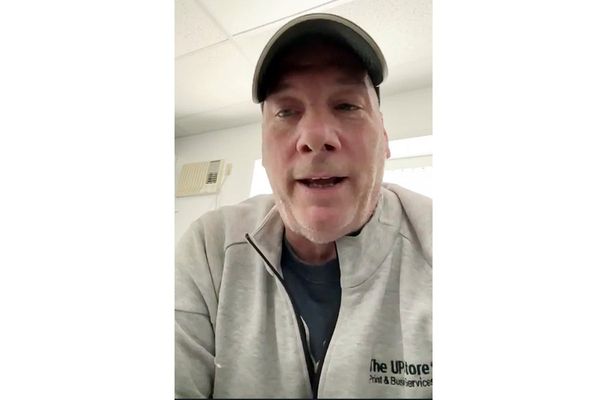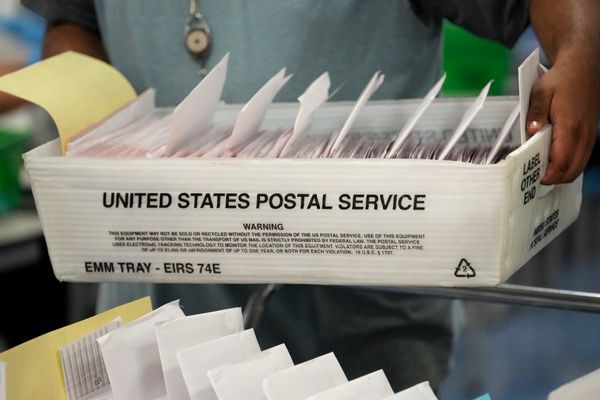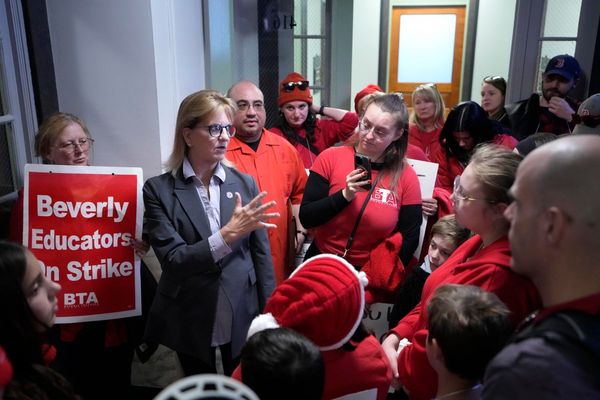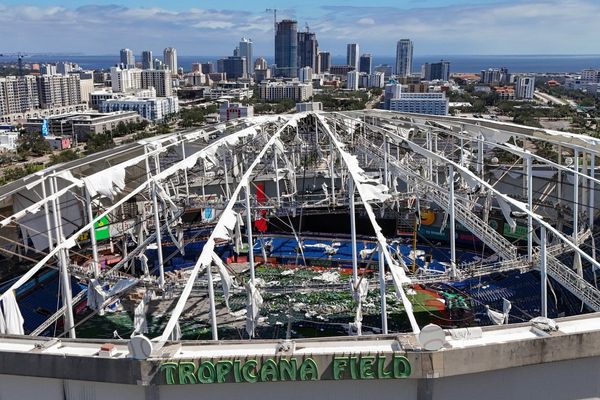
Taipei (AFP) - The United States should diplomatically recognise Taiwan as "a free and sovereign country", former US secretary of state Mike Pompeo said Friday while visiting the island.
Pompeo, one of former president Donald Trump's most hawkish advisers on China, arrived Wednesday for a visit at a time of rising tensions between Washington and Beijing over both the self-ruled island and the crisis sparked by Russia's invasion of Ukraine.
Democratic Taiwan has watched the Ukraine situation closely, as it lives under constant threat by Beijing, which claims sovereignty over the island and vows to seize it one day -- by force if necessary.
Pompeo told reporters that a Chinese invasion would depend on "the willingness of the Western world to demonstrate that the costs for (Chinese leader) Xi Jinping engaging in that kind of activity are just too high".
During an earlier speech to a think tank, he said that while Washington should continue to engage with Beijing as a sovereign government, offering Taipei diplomatic recognition "can no longer be ignored, avoided or treated as secondary".
"It is my view that the United States government should immediately take necessary and long-overdue steps to do the right and obvious thing, that is to offer the Republic of China (Taiwan) America's diplomatic recognition as a free and sovereign country."
The Republic of China is Taiwan's official name.
When asked by AFP for a reaction to Pompeo's comments, a State Department spokesperson said: "As a general practice, we do not comment on the travel or comments of a private citizen."
Washington has remained Taipei's most important ally and leading arms supplier despite switching diplomatic recognition to Beijing in 1979.
But Pompeo said the move "isn't about Taiwan's future independence, it's about recognition of an unmistakable, already existing reality".
China's 'red line'
Beijing considers a formal declaration of independence as something that would cross its "red line" and has warned that such a step could trigger war.
Taiwan's current leader, Tsai Ing-wen, who has won elections twice, hails from a party that historically favours independence.
But her stance is deliberately nuanced.
She says there is no need to declare independence, as Taiwan is already a sovereign nation called the Republic of China (Taiwan).
Pompeo's speech advocated the same position.
"As many of your past and present leaders have made clear, there's no need for Taiwan to declare independence, because it's already an independent nation. Its name is the Republic of China (Taiwan)," he said.
"The people and government of the United States should simply accept this fundamentally decent, morally right thing.This is easy. The Taiwanese people deserve the world's respect for continuing down this free, democratic and sovereign path."
Beijing on Friday lashed out at Pompeo over his remarks, calling him "a former politician whose credibility has gone bankrupt".
"This kind of person's wild ravings and nonsense will never prevail," Chinese foreign ministry spokesman Wang Wenbin told reporters at a regular briefing.
In Taiwan, Pompeo is one of the best-known US politicians, in part because of his decision to lift restrictions on official contacts with Taipei on his way out of office.
Tsai met Pompeo on Thursday, conferring on him an honorary medal and praising him for facilitating "multiple breakthroughs" in Taiwan-US relations.
President Joe Biden has continued most of the Trump-era policies towards Taiwan.
China has ramped up pressure on Taiwan since the 2016 election of Tsai.
China's sabre-rattling has increased considerably over the past year, with warplanes breaching Taiwan's air defence zone on a near-daily basis.







